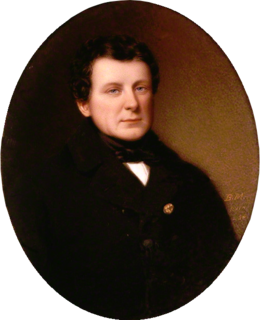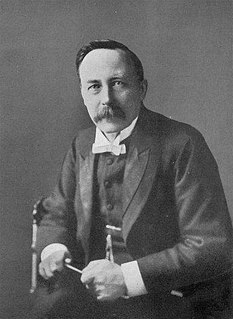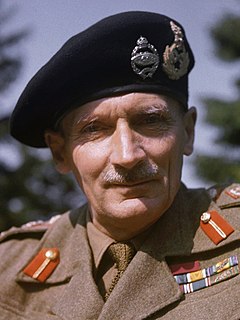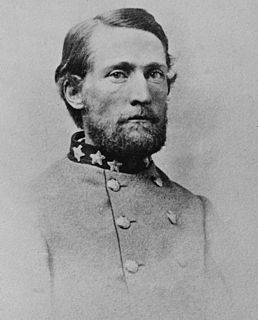A Quote by Ardant du Picq
The man is the first weapon of battle. Let us study the soldier, for it is he who brings reality to it.
Related Quotes
Yelling a battle cry—more to motivate himself than frighten his foes—Lukel grabbed the table leg and swung it at a soldier. The wood bounced off the man's helmet, but the blow was powerful enough to daze him, so Lukel followed it with a solid blow to the face. The soldier dropped and Lukel grabbed his weapon. Now he had a sword. He only wished he knew how to use it.
You were a soldier?" "Yes, sir." "You barely look old enough to have seen the last battle." "My father was a career army man, sir. I was there at the first engagement with Analousia, and took up my father's rifle when I was barely fifteen." "Saints preserve us," Dr. Kelling said, and squeezed Galen's shoulder. "What have we done to our youth?
Since my first discussions of ecological problems with Professor John Day around 1950 and since reading Konrad Lorenz's "King Solomon's Ring," I have become increasingly interested in the study of animals for what they might teach us about man, and the study of man as an animal. I have become increasingly disenchanted with what the thinkers of the so-called Age of Enlightenment tell us about the nature of man, and with what the formal religions and doctrinaire political theorists tell us about the same subject.
It is the soldier, not the reporter, who has given us freedom of the press. It is the soldier, not the poet, who has given us freedom of speech. It is the soldier, not the campus organizer, who has given us the freedom to demonstrate. It is the soldier, who salutes the flag, who serves beneath the flag, and whose coffin is draped by the flag, who allows the protester to burn the flag.































